Charm is a woman's strength just as strength is a man's charm

Charm is a woman's strength just as strength is a man's charm
Havelock Ellis, a renowned psychologist and writer, once famously said, "Charm is a woman's strength just as strength is a man's charm." This statement encapsulates the idea that women possess a unique power in their ability to charm and captivate others, while men often rely on their physical strength and prowess to make an impression. In the context of Ellis's work, this quote speaks to the complex dynamics of gender roles and societal expectations that have long shaped our understanding of masculinity and femininity.For women, charm has historically been seen as a valuable asset in navigating social interactions and achieving success. A woman's ability to charm others with her wit, grace, and charisma can open doors and create opportunities that may not be available to those who lack this quality. Charm can be a powerful tool for women in both personal and professional settings, allowing them to influence others, build relationships, and assert their presence in a world that has often been dominated by men.
On the other hand, men have traditionally been valued for their physical strength and ability to assert dominance in various spheres of life. From the battlefield to the boardroom, men have often been expected to demonstrate their strength and power as a means of asserting their authority and influence. However, Ellis's quote suggests that there is a certain charm in a man's strength – a magnetic quality that can draw others to him and inspire respect and admiration.
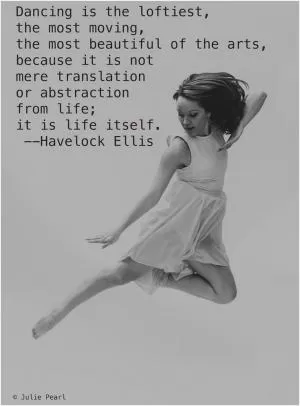






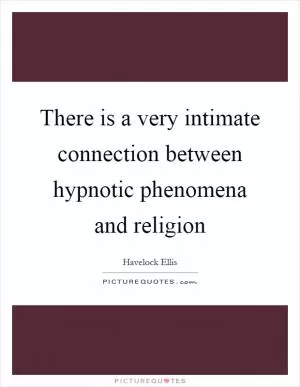
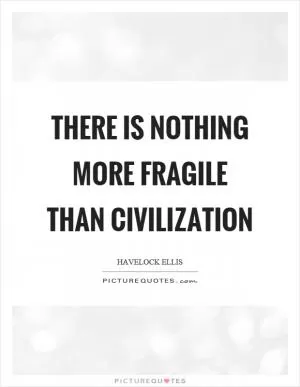
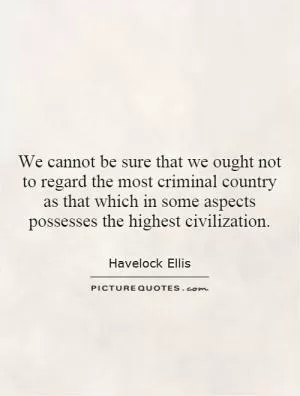
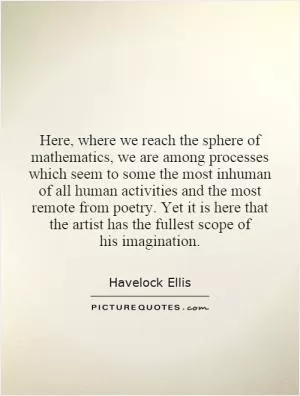

 Friendship Quotes
Friendship Quotes Love Quotes
Love Quotes Life Quotes
Life Quotes Funny Quotes
Funny Quotes Motivational Quotes
Motivational Quotes Inspirational Quotes
Inspirational Quotes